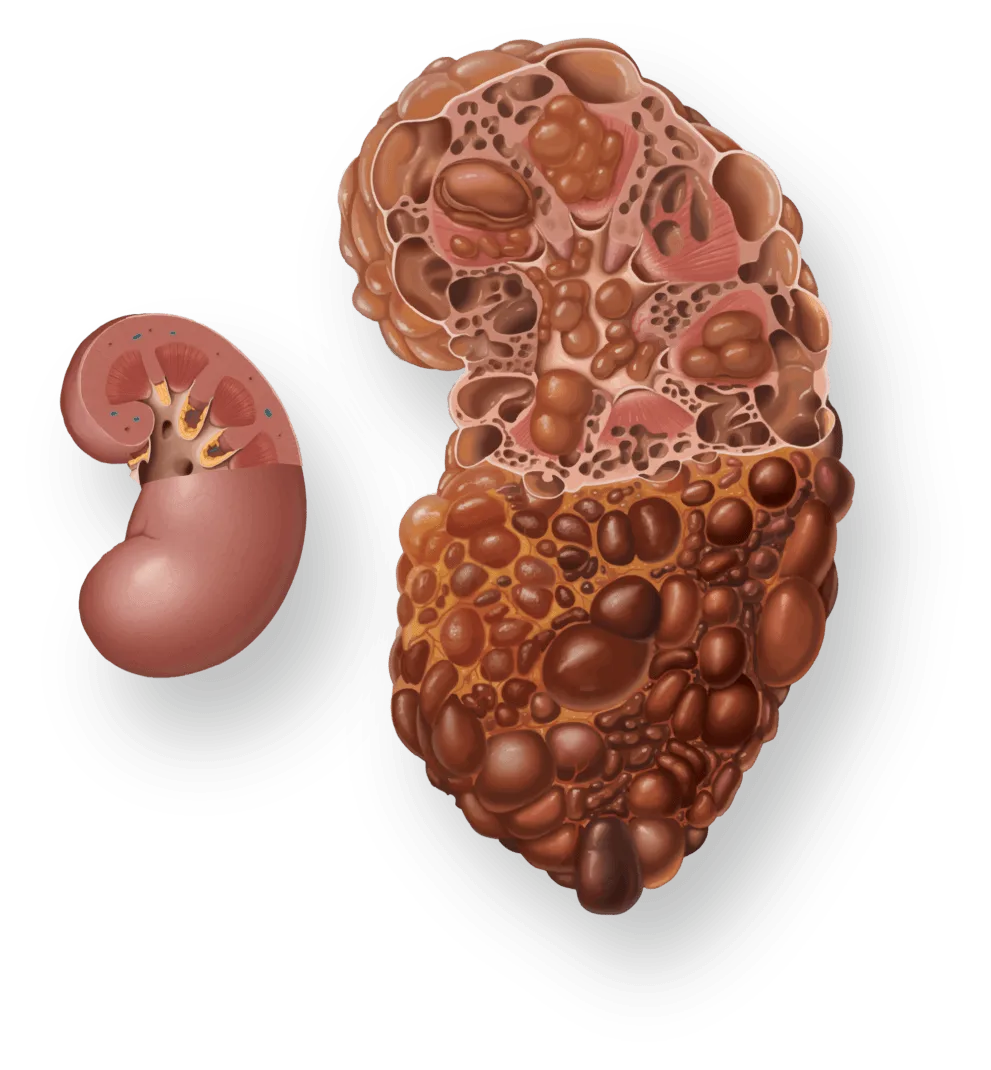London – A new modelling analysis by AstraZeneca, IMPACT CKD, forecasts up to 16.5% of the population across eight countries will suffer from chronic kidney disease (CKD) by 2032, including a rise of up to 59.3% in advanced-stage.1 Presented at the 2024 ISN World Congress of Nephrology (WCN’24) in Buenos Aires, the study highlights an urgent and growing global health crisis with profound economic and environmental implications.1 IMPACT CKD is the first study to examine and forecast the vast, multi-dimensional impact of CKD over a 10-year time horizon across eight countries — the United States, Brazil, the United Kingdom, Spain, Germany, the Netherlands, China, and Australia.1
The research estimates nearly 125 million people across these countries will suffer from advanced CKD by 2032, marking a 25% increase since 2022 when the model began.1 The economic toll of renal replacement therapy, including dialysis and transplant, is anticipated to reach approximately $186 billion, and dialysis requirements are expected to surge by over 75%, contributing significantly to healthcare’s carbon footprint — equivalent to adding approximately 17.3 million cars’ worth of CO2 emissions.1
Ruud Dobber, Executive Vice-President, BioPharmaceuticals Business Unit, AstraZeneca, highlights: “Our modelling emphasises the enormous impact CKD could have on patients, economies and the environment. But this future is not inevitable. At AstraZeneca, we are committed to working with global policy makers to reduce the world-wide impact of end-stage CKD and drive earlier diagnosis and treatment to slow or halt progression of disease.”
The IMPACT CKD study is part of AstraZeneca’s Accelerating Change Together (ACT) for CKD initiative, aiming to improve understanding and outcomes of CKD worldwide. Through the ACT on CKD programme, AstraZeneca, alongside the Global Patient Alliance for Kidney Health (GloPAKH), has launched ‘Make the Change for Kidney Health’ campaign. This initiative seeks to elevate CKD on the global policy agenda, advocating for comprehensive and effective disease management strategies to combat this escalating health challenge.
Source: https://www.astrazeneca.com








